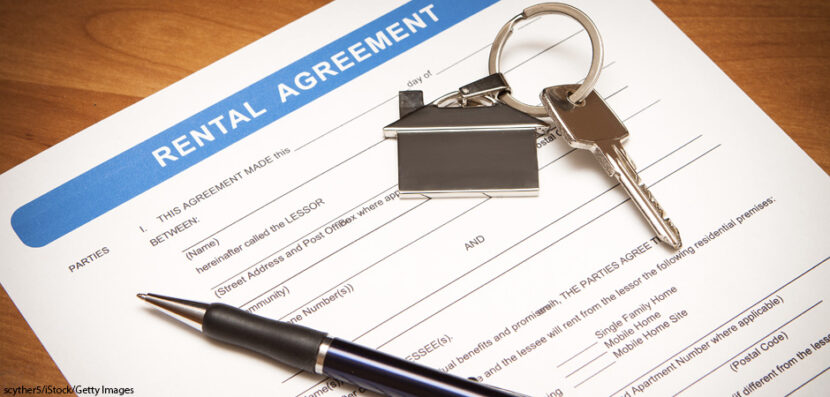
Washington Battles Over Extending Eviction Ban
During the COVID-19 shutdown, the federal government imposed a national eviction moratorium. Because so many Americans were suddenly out of work, landlords were not allowed to evict them for not paying rent. However, the original ban was set to expire on July 31, 2021. Here, Election Central takes a closer look at the steps taken by the federal government to help keep Americans in their homes.
Who Can Take Action?
The initial eviction ban had been declared by the Centers for Disease Control and Prevention (CDC). That is because the original motivation for the eviction ban was the CDC’s concern about the high rate of transmission in homeless shelters. The Supreme Court then became involved. It ruled that the CDC did not have the authority to “legislate” in this way. But since the moratorium was already being observed and the pandemic situation was so unusual, the moratorium was allowed to remain.
Because the Court had stated that this was an overstep by the CDC, the Biden administration announced at the end of July that it would not try to extend its effects. So any extension of the ban would require a specific act of Congress.
Congress was not able to pass an extension of the eviction moratorium.
Legislators and Activists
With just days to go until the ban ran out, some Democratic lawmakers began protesting. Representative Cori Bush (Missouri) camped on the Capitol steps for five days. She even slept there several nights. Representative Bush, a former Black Lives Matter organizer, publicly told her own story of struggling with eviction, homelessness, and food insecurity. She was joined in her protest by Representative Alexandria Ocasio-Cortez (New York) and several other progressive members of Congress. Democratic leaders in Congress wanted the president to use his executive order power to make the moratorium last through October 18, 2021.
The Future of the Ban
On the fifth day of the protest, the CDC issued a new moratorium that would protect Americans in about 80 percent of counties from eviction until October 3, 2021. But landlords, realtors, and property managers immediately filed a motion to stop the new moratorium. They claim that the moratorium isn’t constitutional. Biden said that even if the new moratorium is overturned, the lengthy legal battle will give states and municipalities more time to distribute more of the Coronavirus Aid, Relief, and Economic Security (CARES) funding. This legislation includes $46.5 billion in rental assistance that has not been very widely or effectively distributed.


